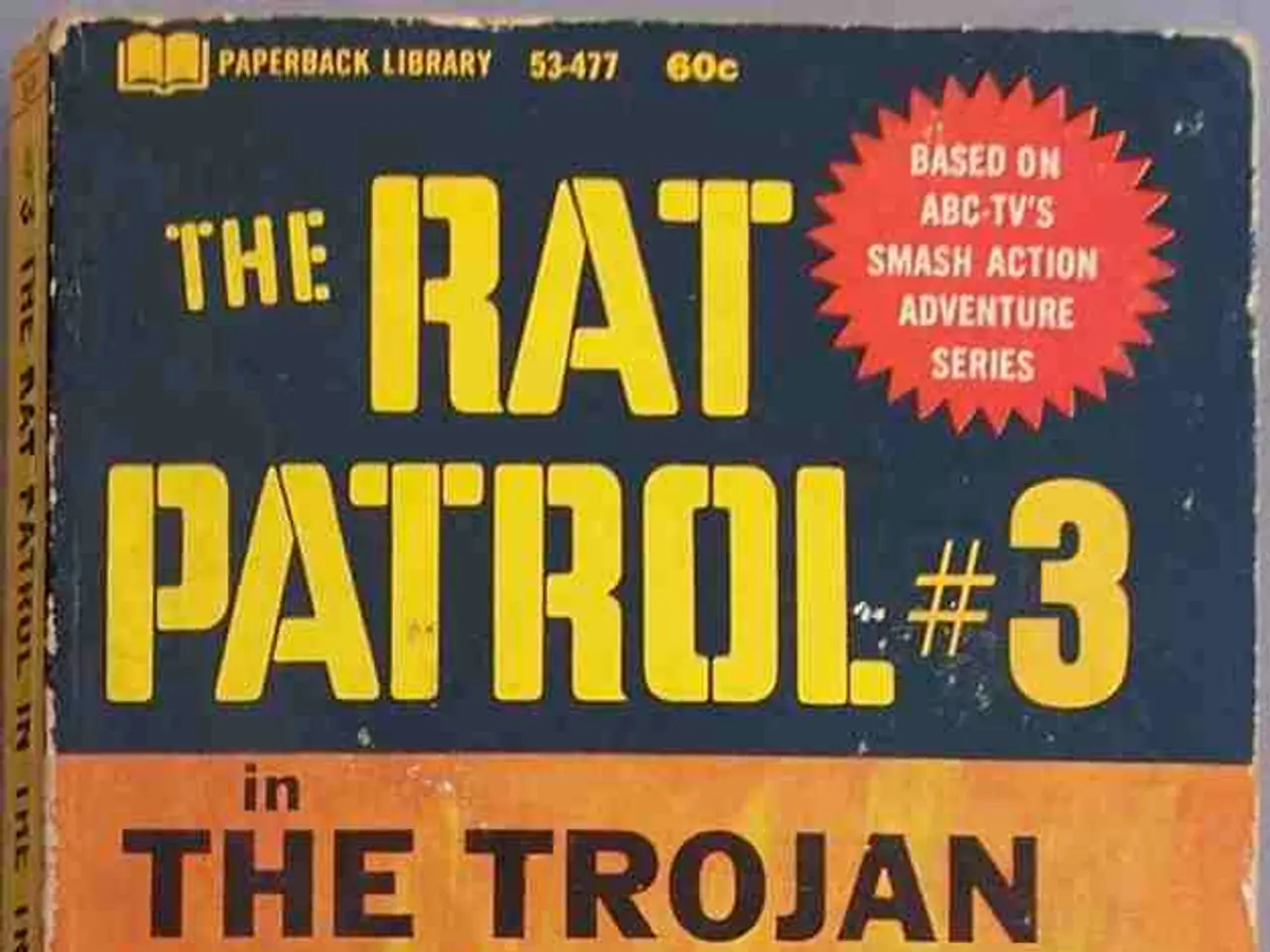Strategies for Crafting TV Soaps that Engage Viewers from the Get-Go
In the world of television, soap operas stand out as a unique and captivating genre. To create successful soap operas, screenwriters must focus on strong storytelling, character development, and engaging plots.
Storytelling
A fundamental aspect of soap operas is the narrative structure. Soaps thrive on storylines that unfold over weeks, stretching a single day across multiple episodes for maximum drama. To ensure a steady plot progression, it's essential to outline episodes with succinct descriptions of main arcs and subplots. Every episode needs A, B, and C plots that twist, overlap, and bounce off each other, with at least one story thread primed to explode every week.
Character Development
Characters are the heart of any soap opera. They should be complex, layered people with real flaws, evolving motivations, and sticky relationships. Characters should be anchored in a defined world with family ties, rivalries, or a unique neighborhood. Understanding audience motivation is crucial for scripts that convert casual viewers into die-hards.
Plotting
While soap operas are known for their shock twists, it's important to focus first on character-driven developments. Long-game mysteries should layer in family secrets, moral dilemmas, and multi-season arcs. Limit shock twists to maintain the audience's trust and avoid confusing the narrative.
Audience Engagement
Engaging the audience is key to the success of a soap opera. This is achieved through relatable, emotionally rich characters and dialogue, use of familiar but appealing soap tropes, and maintaining momentum. Maintaining strict continuity, from a character's backstory to visual style, builds trust and lets new fans jump in any time without confusion.
Writing Best Practices
Crafting a pilot episode that clearly sets the tone and key storylines without revealing every twist is crucial. Using clichés and soap opera tropes is acceptable and often effective when applied well, as these conventions work to engage viewers by fulfilling genre expectations. Regular resource use builds habits. Smart writers keep learning, testing, and perfecting their process.
Tools for Success
A strong series bible and episode breakdowns let you onboard new team members quickly and ensure every storyline feels inevitable, not random. Using tools like Greenlight Coverage's coverage software can provide professional, in-depth notes in minutes. When weaving real societal issues into big drama, consult real-world experts for topics like addiction or illness.
In summary, to write TV soaps effectively, prioritize strong storytelling by creating clear, engaging main story arcs combined with smaller intertwined subplots; develop characters with distinct desires, motivations, and transformative journeys that actors and audiences can connect with; and craft plots that maintain momentum without excessive detail, focusing on key story beats and emotional stakes. Engage the audience through layered characters, purposeful dialogue, and relationships that drive the story forward, ensuring every scene carries both explicit action and meaningful subtext.
- To maintain viewer engagement, it's important to infuse the narrative with relatable characters and dialogue, use soap opera tropes that are familiar but appealing, and consistently uphold strict continuity for newcomers to easily follow the story.
- In order to effectively craft soaps, writers should start by focusing on character-driven developments and long-game mysteries, while also utilizing tools like Greenlight Coverage's coverage software to receive professional, in-depth feedback on their scripts.








